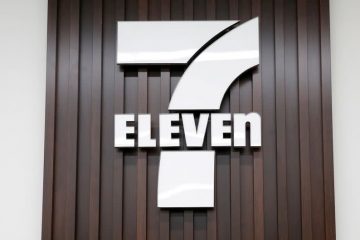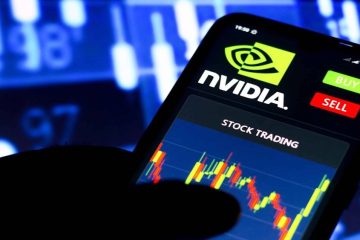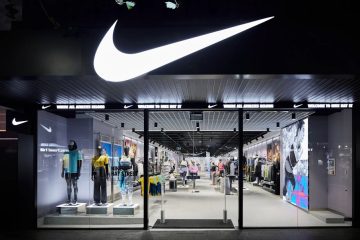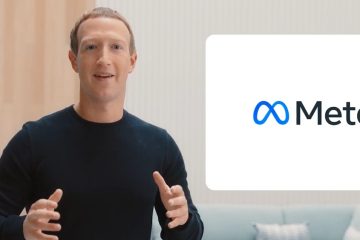Elon Musk to withdraw lawsuit against OpenAI
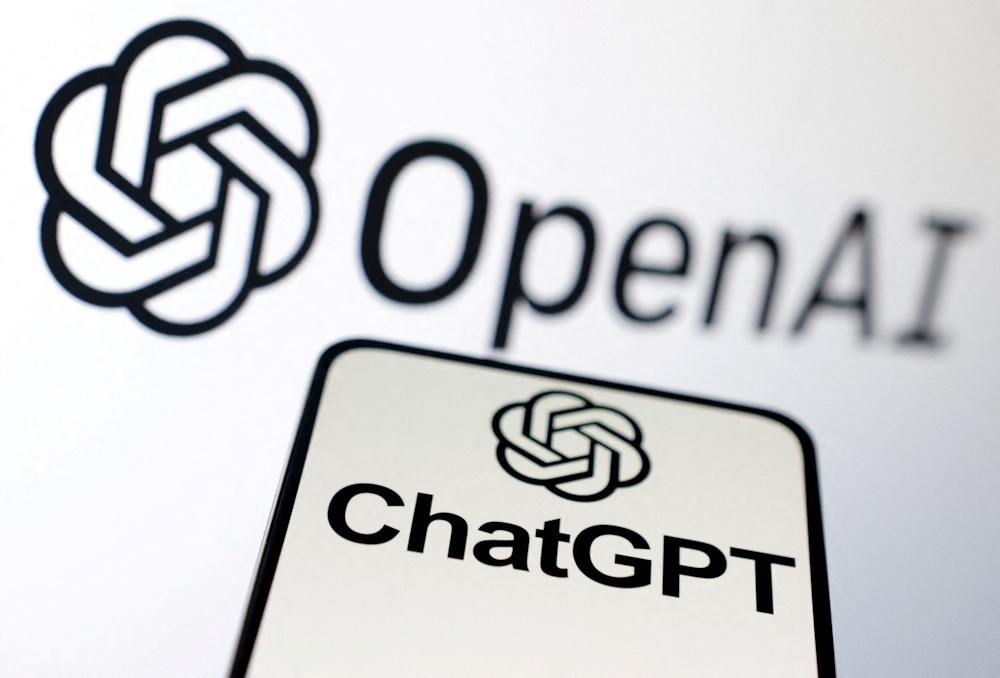
Elon Musk has decided to withdraw his lawsuit against OpenAI and Sam Altman.
On Tuesday, Elon Musk decided to withdraw his lawsuit against OpenAI and its Chief Executive Sam Altman. The lawsuit had raised concerns about the relationship between ChatGPT’s owner and Microsoft. According to court documents, a lawyer representing Musk filed a request for dismissal of the lawsuit in a California court without prejudice on Tuesday. Dismissed cases without prejudice can be re-filed at a later date.
Musk’s lawsuit claimed that OpenAI and its co-founders, Altman and Greg Brockman, had violated the terms of their contract and their fiduciary responsibilities. Musk, one of the co-founders of the company back in 2015, expressed concern that the company’s strong ties with Microsoft are contradictory to its initial goal of providing accessible and open-source artificial intelligence for the betterment of humanity.
Musk’s attorneys have requested the California state court to dismiss the lawsuit, which was initially filed in February. The reason for this move was not disclosed in the filing made in San Francisco Superior Court. The Supreme Court has dismissed Musk’s appeal regarding his social media posts, which are required to be approved by Tesla.
Elon Musk, the billionaire entrepreneur, has taken action to dismiss his lawsuit against OpenAI and its CEO Sam Altman. Musk had accused them of deviating from the startup’s initial goal of creating artificial intelligence for the betterment of humanity rather than for financial gain. Musk’s attorneys have requested the California state court to dismiss the lawsuit, which was initially filed in February. The reason for this move was not provided in the filing made in San Francisco Superior Court.
A Superior Court judge was ready to consider OpenAI’s request to dismiss the lawsuit during a hearing set for Wednesday. OpenAI and a representative for Musk have yet to respond to requests for comment. Musk decided to dismiss his case without prejudice, leaving open the possibility of refiling it in the future. Elon Musk issues a warning about the potential consequences of integrating OpenAI at the operating system level, including the possibility of banning Apple devices.
The lawsuit represented the peak of Musk’s ongoing disagreement with OpenAI, a startup he helped establish and which has gained significant recognition in the field of generative AI thanks to substantial financial support from Microsoft.
In July of last year, Musk established his very own artificial intelligence startup, xAI. In May, the company successfully secured $6 billion in series B funding, resulting in a post-money valuation of $24 billion. The lawsuit alleges that Altman and OpenAI co-founder Greg Brockman initially approached Musk with the idea of creating an open source, non-profit company. However, it claims that the startup, which was founded in 2015, has since shifted its focus towards generating profits.
Last year, OpenAI made a bold move by releasing its most powerful language model, GPT-4, which caused quite a stir, according to the lawsuit. In the lawsuit, Musk has requested the court to compel OpenAI to make its research and technology accessible to the public. Additionally, Musk seeks to prevent the startup from utilizing its assets, including GPT-4, for the financial gain of Microsoft and other entities.
According to OpenAI, the lawsuit lacks coherence and appears to be a contrived effort by Musk to further his own AI agenda. “OpenAI’s attorneys stated that Musk is now eager to replicate the impressive technological achievements that OpenAI has made,”. In a filing made in April, Musk expressed his belief that OpenAI was attempting to present arguments that relied on facts that were in dispute, and were not relevant to the lawsuit at hand.

